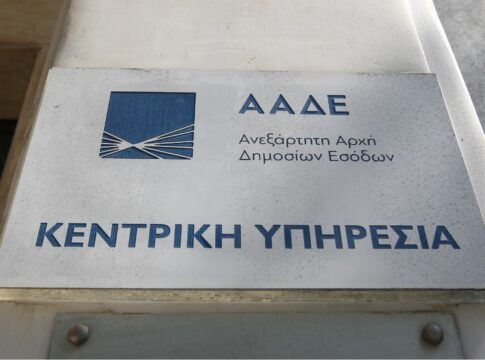Eurostat will announce the final figures for the 2023 primary surplus and debt on Monday noon. These figures will give a first impression of whether the government will manage to meet the targets for 2024.
At the Ministry of National Economy and Finance, officials estimate that the primary surplus target of 1.1% of GDP in 2023 has been achieved. They also do not rule out an excess of more than 1.3% of GDP or even 1.5% of GDP. Bank of Greece (BoG) governor, Yannis Stournaras, has recently stated that the 2023 primary surplus was close to 2% of GDP.
In any case, Eurostat’s announcements will help to clarify not only how much the general government surplus was in 2023, but also what part of the surplus of 1.5 billion euros that the budget showed in the first two months of 2024 is transferred to last year (traffic fees, ENFIA and income tax installments of 2023 that were collected until February).
By consolidating the results of all general government entities, the economic staff will have a more clear picture. The target set for this year is 2.1% of GDP. This year, the revenues supporting the achievement of the primary surplus target of 2.1% of GDP are mainly revenues from VAT, excise taxes, income tax, insurance contributions and privatizations.
Strong financial performance
As the rating agency S&P pointed out in its report on Greece on Friday night (it upgraded the outlook for the Greek economy from stable to positive), strong revenue performance is leading to growing primary surpluses.
“Greece’s fiscal performance remains strong. We expect the primary fiscal balance to reach the government’s medium-term target of 2.1% of GDP this year, marking the end of Greece’s post-pandemic consolidation period. Revenue outperformance has played an important role in improving the country’s fiscal position, with efforts to increase digitalization paying dividends in the form of higher tax compliance,” it noted.
The hard part
A difficult period begins for the European states in 2024 and will continue until 2025 as the revised Stability Pact, which is expected to receive final approval from the European Parliament on Tuesday, April 23, comes into full force. The Ministry of National Economy and Finance will have to be particularly thorough with economic figures, like other member states, as it will be under Brussels’ surveillance.















